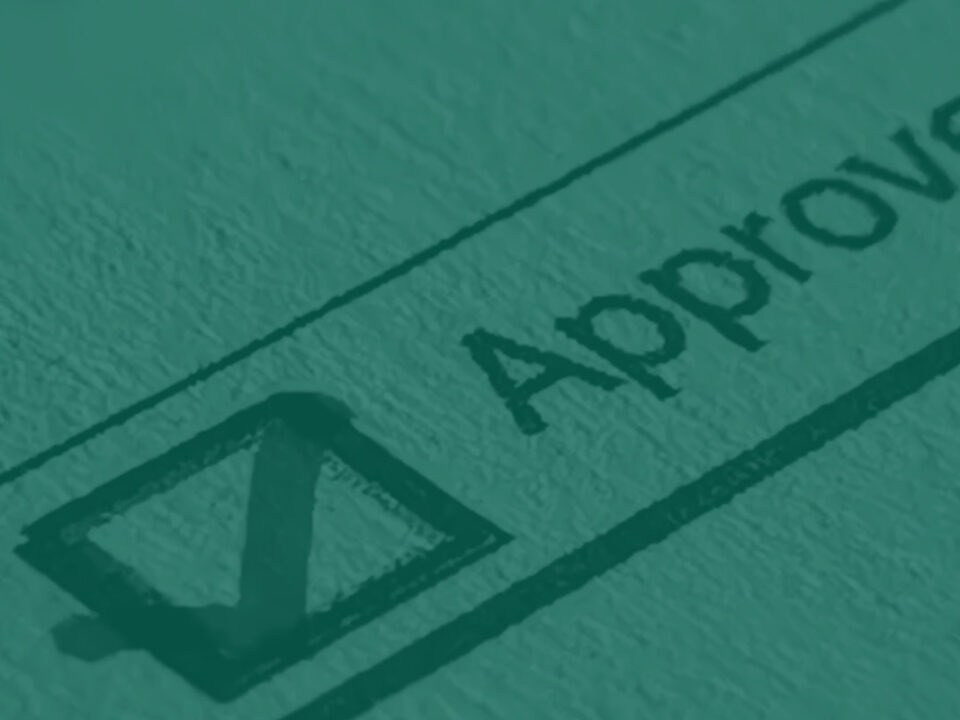This article was updated on July 6th, 2023
- Services
- [email protected]
- Dubai: +971 4 878 6240 Riyadh: +966 56 865 2329

Updated Regulations On Employer & Employee Relations
April 8, 2020
HOW TO LIQUIDATE & CLOSE A DUBAI COMPANY
May 21, 2020
Managing Cash Flow During Times of Crisis
This article has been researched and written by Scott Cairns and the team at Creation Business Consultants and has not used AI in generating this article.
During times of crisis, we must focus on what we can control, and this means having cash readily available. Cash flow management is essential for survival during times of crisis. It can be the difference between stabilising your operations or lagging behind. If your business is on the verge of experiencing a serious short cash fall, these strategies are designed to help you manage your cash flow as you weather this temporary global crisis.
MONITOR CASH FLOW
First and foremost, you will not be able to manage your cash flow if you are not aware of your cash flow status to begin with. We suggest conducting a cash flow analysis to understand exactly where you stand financially. Examine your finances to determine the amount of funds that are coming in and what funds are going out (i.e., accounts receivable and accounts payable). From payroll and rent to utilities and paying suppliers, these costs all add up. How do they compare to your current cash on hand and sales projections? Once you understand your specific circumstances you will be able to better manage your cash flow.
MANAGE PAYMENTS
Many businesses are in the habit of paying their invoices as soon as they arrive. However, the longer you can wait to pay your business bills without falling late or in breach of an agreement, the longer you can keep your cash on hand.
While it is important to maintain your relationships with suppliers and creditors, strategically delaying some of your accounts payable is a valuable option during a business crisis. Pay your bills when they are due and if you are in jeopardy of making a late payment be sure to contact your supplier/creditor. Most creditors and suppliers will grant you a little flexibility as long as you set up a timeline to pay your outstanding bills.
STOP ALL NON-ESSENTIAL SPENDING
Whenever you find yourself in a situation where your cash flow is tight, examine your expenses and press the pause button on all non-essential spending. If you have not already done so, when you examine your costs, you may find that many items have crept their way into your spending unnoticed. Start by eliminating subscriptions or organisational memberships until the current crisis have passed and you are in a stronger financial position. Essentially, the more fat you trim, the more money you can put back into your cash flow.
REDUCE INVENTORY
Excess inventory or slow-moving inventory can have a negative impact on your cash flow. If your business needs to keep inventory in stock, review your inventory records to see which items can be reduced, eliminated, or ordered less frequently. If your sales are down, consider reducing your monthly order. For example, if you typically restock every week, consider reordering on a biweekly basis until your current crisis has passed.
ADJUST PRICES
Depending on your specific service offerings, adjusting prices can mean increasing or decreasing your price points. For example, if your inventory is discontinued, outdated, or near its expiration date and is sitting in your warehouse or on shelves, cut your losses and sell it at a reduced price. This allows you to reclaim whatever cash you can.
On the other hand, if your inventory is moving at a slower but steady rate, you may want to consider increasing your prices. Determine how much you spend on supplies and inventory and compare this cost to your price you are currently charging. If it has been a while since you have increased your prices or rates, you may be losing out compared to actual market value, as well as what your competitors are pricing. Just be cautious, as raising prices too steeply can cause you to lose your client base.
Whether you are increasing or reducing your prices, the key is to determine the price point that accurately reflects the value of what you sell to increase your cash flow without reducing sales.
EXPLORE FINANCING ALTERNATIVES
Depending on your specific business crisis, you may want to consider short term financing options. Alternative financing options provide a temporary option to weather the storm. Small business loans and lines of credit can help your business with any number of short-term cash flow concerns, to include meeting payroll, paying utility bills, and paying rent, etc.
EXPAND TO A NEW MARKET
Thanks to the wide reach of the internet and advances in telework capabilities, companies are not only able to continue their daily operations despite recent social distancing guidelines and self-quarantines, but they are also able to remotely set up a company in the UAE. At Creation, we help businesses remotely set up their company and branch offices in the both UAE mainland and free zones. With just a few simple steps, the experts at Creation can have your company and bank account up and running in as little as 24 hours.
CREATION BUSINESS CONSULTANTS
Whether you need help setting up your company while seeking to manage your cash flow and increase revenue options or you need advice and assistance, our team of professional corporate structuring ectxperts are equipped with the knowledge, expertise, and experience to help your business by designing a cash flow plan, provide assistance in cash flow enhancement techniques. We are able to assist with company restructure to minimise and save costs. Also, we can assist with your business expansion plans and can set up your company in the UAE remotely with a corporate bank account. Creation’s company setup and corporate nominee sponsorship are designed to minimise any risk associated with expanding or setting up your business to the UAE by making sure you maintain control of your company.
Contact a member of our corporate structuring team at [email protected] or call the United Arab Emirates at +971 4 878 6240.




